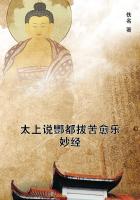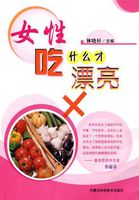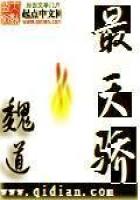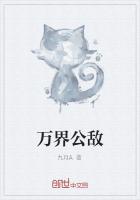If, by these words, M. Proudhon means that of all commodities, gold and silver are the ones whose time of production was known the earliest, this would be yet another of the suppositions with which he is so ready to regale his readers. If we wished to harp on this patriarchal erudition, we would inform M. Proudhon that it was the time needed to produce objects of prime necessity, such as iron, etc., which was the first to be known.
We shall spare him Adam Smith's classic bow.
But, after all that, how can M. Proudhon go on talking about the constitution of a value, since a value is never constituted by itself?
It is constituted, not by the time needed to produce it by itself, but in relation to the quota of each and every other product which can be created in the same time. Thus the constitution of the value of gold and silver presupposes an already completed constitution of a number of other products.
It is then not the commodity that has attained, in gold and silver, the status of "constituted value", it is M. Proudhon's "constituted value"that has attained, in gold and silver, the status of money.
Let us now make a closer examination of these "economic reasons"which, according to M. Proudhon, have bestowed upon gold and silver the advantage of being raised to the status of money sooner than other products, thanks to their having passed through the constitutive phase of value.
These economic reasons are: the "visible tendency to become dominant", the "marked preferences" even in the "patriarchal period", and other circumlocutions about the actual fact -- which increase the difficulty, since they multiply the fact by multiplying the incidents which M. Proudhon brings in to explain the fact. M. Proudhon has not yet exhausted all the so-called economic reasons. Here is one of sovereign, irresistible force:
"Money is born of sovereign consecration: the sovereigns take possession of gold and silver and affix their seal to them."[I 69]
Thus, the whim of sovereigns is for M. Proudhon the highest reason in political economy.
Truly, one must be destitute of all historical knowledge not to know that it is the sovereigns who in all ages have been subject to economic conditions, but they have never dictated laws to theM. Legislation, whether political or civil, never does more than proclaim, express in words, the will of economic relations.
Was it the sovereign who took possession of gold and silver to make them the universal agents of exchange by affixing his seal to them?
Or was it not, rather, these universal agents of exchange which took possession of the sovereign and forced him to affix his seal to them and thus give them a political consecration?
The impress which was and is still given to money is not that of its value but of its weight. The stability and authenticity M. Proudhon speaks of apply only to the standard of the money ; and this standard indicates how much metallic matter there is in a coined piece of money.
"The sole intrinsic value of a silver mark," says Voltaire, with his habitual good sense, "is a mark of silver, half a pound weighing eight ounces. The weight and the standard alone form this intrinsic value."(Voltaire, Systeme de Law )
[ Marx quotes a chapter from Voltaire's Historie de parlement . It is entitled "France in the Period of the Regency and Law's System". ]
But the question: how much is an ounce of gold or silver worth, remains nonetheless. If a cashmere from the Grand Colbert stores bore the trademark pure wool, this trade mark would not tell you the value of the cashmere. There would still remain the question: how much is wool worth?
"Philip I, King of France," says M. Proudhon, "mixes with Charlemagne's gold pound a third of alloy, imagining that, having the monopoly of the manufacture of money, he could do what is done by every manufacture of money, he could do what is done by every tradesman who has the the monopoly of a product. What was actually this debasement of the currency from which Philip and his successors have been so much blamed? It was perfectly sound reasoning from the point of view of commercial practice, but very unsound economic science, viz., to suppose that, as supply and demand regulate value, it is possible, either by producing an artificial scarcity or by monopolizing manufacture, to increase the estimation and consequently the value of things; and that this is true of gold and silver as of corn, wine, oil or tobacco. But Philip's fraud was no sooner suspected than his money was reduced to its true value, and he himself lost what he had thought to gain from his subjects. The same thing has happened as a result of every similar attempt."[I 70-71]
It has been probed times without number that, if a prince takes into his head to debase the currency, it is he who loses. What he gains once at the first issue he loses every time the falsified coinage returns to him in the form of taxes, etc. But Philip and his successors were able to protect themselves more or less against this loss, for, once the debased coinage was put into circulation, they hastened to order a general re-minting of money on the old footing.
And besides, if Philip I had really reasoned like M. Proudhon, he would not have reasoned well "from the commercial point of view". Neither Philip I nor M. Proudhon displays any mercantile genius in imagining that it is possible to alter the value of gold as well as that of every other commodity merely because their value is determined by the relation between supply and demand.
If King Philip had decreed that one quarter of wheat was in future to be called two quarters of wheat, he would have been a swindler. He would have deceived all the rentiers, all the people who were entitled to receive 100 quarters of wheat. He would have been the cause of all these people receiving only 50 quarters of wheat; he would have had to pay only 50.















